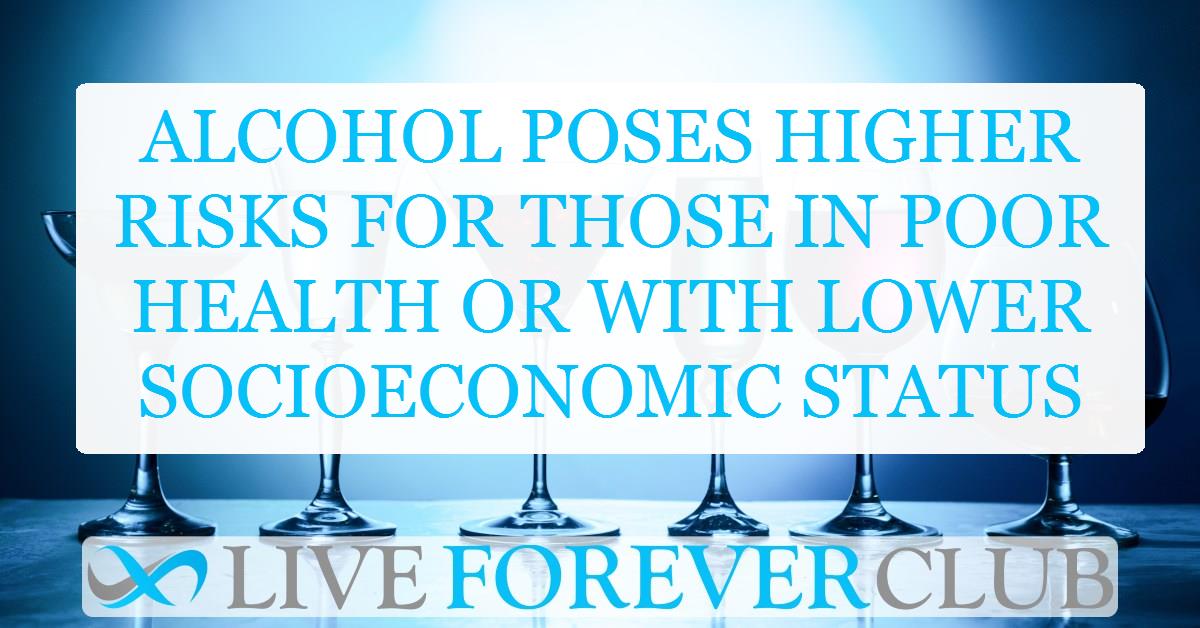Key points from article :
A recent study from the Autonomous University of Madrid highlights that the harmful effects of alcohol, even at moderate or low levels, may be more severe for individuals who are economically disadvantaged or in poor health. Researchers analyzed data from 135,103 participants aged 60 and over, categorizing their alcohol consumption as occasional, low-risk, moderate-risk, or high-risk.
Results showed that high-risk drinking increased the risk of death by 33%, while moderate-risk drinking raised the risk by 10%. The study also found that alcohol's harms were worse for those with pre-existing health conditions or from deprived areas.
Surprisingly, drinking wine or consuming alcohol with meals appeared to reduce the risk of death, particularly among those in poor health or facing economic hardships, although these findings require further investigation. Researchers caution against recommending alcohol for health benefits, as even low-risk drinking increases the risk of cancer.
The study has limitations, including self-reported drinking habits and the inability to establish cause and effect. Experts emphasize that the notion of wine being healthier than other alcohol types lacks biological evidence. They suggest that socio-economic factors likely influence the observed health outcomes, rather than the type of alcohol consumed.
The research was published in the journal JAMA Network Open.







